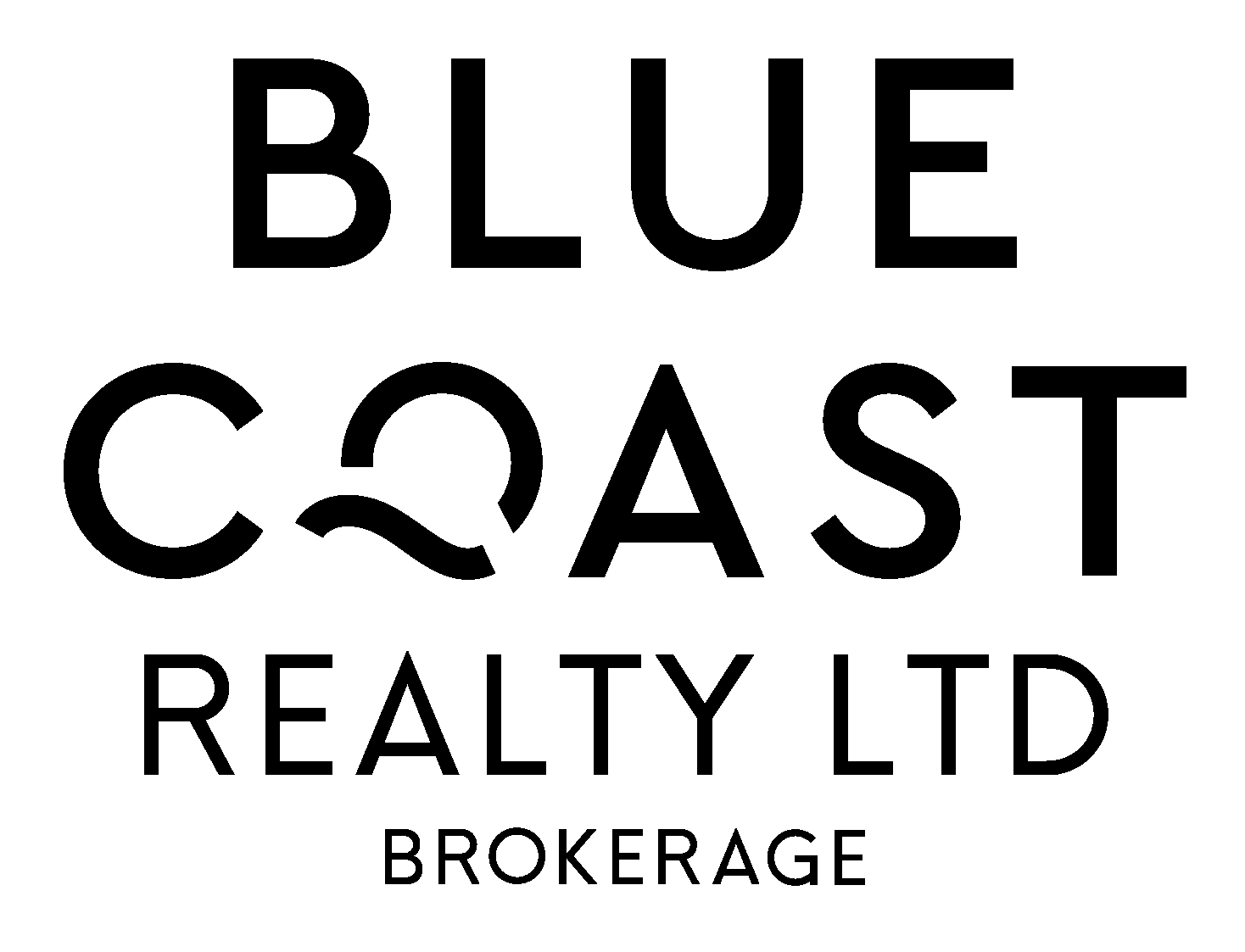
For first-time home buyers, navigating the complex world of mortgages can seem daunting. Financial jargon, multiple institutions, and diverse mortgage products can make the process feel like a steep mountain to climb. However, fear not, because with the right guidance, you can find your way with ease.
Today, we're going to address some commonly asked questions about home financing in Ontario, helping you take the first step towards owning your dream home.
Question 1. What's the First Step?
The initial step towards securing a mortgage in Ontario is obtaining a mortgage pre-approval letter. This letter gives you a preliminary idea of how much you can borrow, and thus the price range of homes you can afford. Beyond its obvious benefits, such as understanding your budget, it also demonstrates to sellers that you're a serious buyer and not merely browsing the market.
To get the best deal, I recommend consulting a reputable mortgage broker. Their expertise allows them to compare multiple lending sources, potentially landing you a better rate than you could find on your own.
Question 2. Who Are The Players in Ontario's Home Financing Scene?
Ontario boasts a diverse range of institutions offering home financing options:
-
Major Banks: Institutions like TD, RBC, Scotiabank, and other notable names dominate this space. They offer a variety of mortgage products suitable for different needs.
-
Credit Unions: Unlike traditional banks, credit unions are owned by their members. They're known for their personalized service and may offer specialized mortgage products tailored for Ontario residents.
-
Trust Companies: Though less prevalent than banks and credit unions, trust companies offer distinctive mortgage options that can cater to unique buyer requirements.
While other institutions lend primarily for commercial real estate, they might not be the best fit for individual home buyers, so we'll focus on the above for now.
Question 3. Diving into the Types of Financing Options
When it comes to mortgages, one size doesn't fit all. There are various paths to explore:
-
Fixed-rate Mortgages: Ideal for those who value stability, these mortgages keep your interest rate constant throughout the term, allowing for predictable monthly payments.
-
Variable-rate Mortgages: With this option, your interest rate fluctuates based on market conditions. This can be beneficial when rates are falling, but there's an inherent risk when rates climb.
Question 4. Deciphering Open and Closed Mortgages
When you're selecting a mortgage type, you'll often come across the terms 'open' and 'closed':
-
Open Mortgages: These offer flexibility. You can make extra payments, or even pay off the entire mortgage early without incurring penalties. However, they typically come with slightly higher interest rates to offset the flexibility they offer.
-
Closed Mortgages: More restrictive but often with lower interest rates. While you can make extra payments, they have a set limit. Exceeding this limit can result in prepayment penalties since the lender loses out on expected interest.
In Conclusion
While the information provided here gives a foundational understanding of home financing in Ontario, it's essential to remember that the mortgage landscape is vast. Collaborating with a real estate agent, a financial expert and mortgage agent can provide insights tailored to your specific situation.



